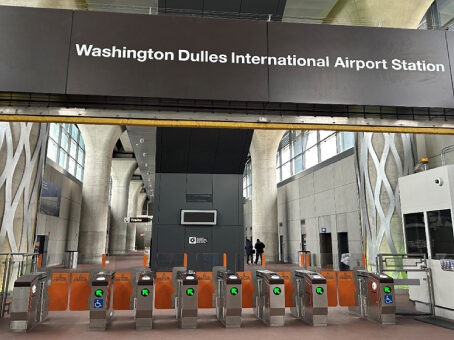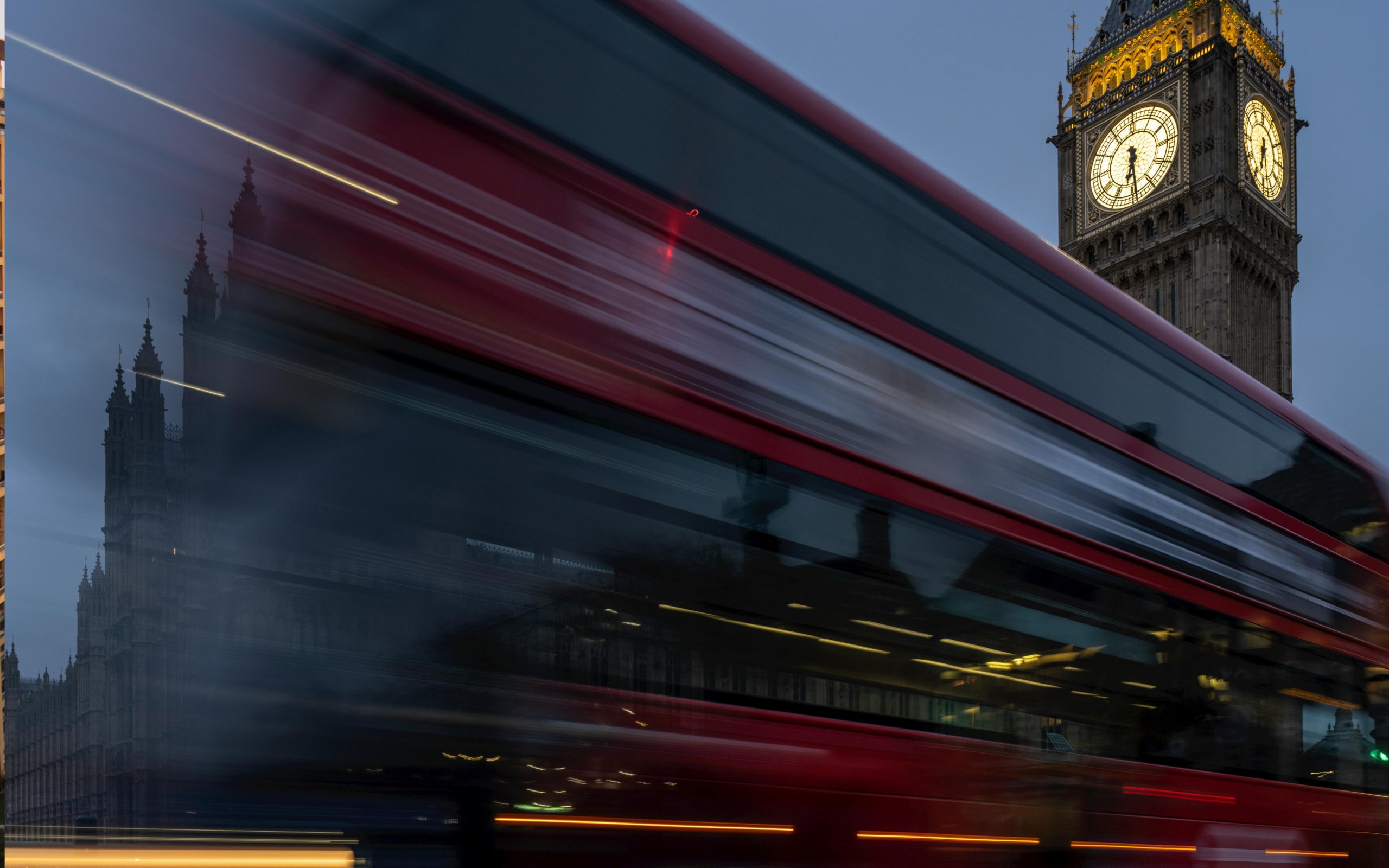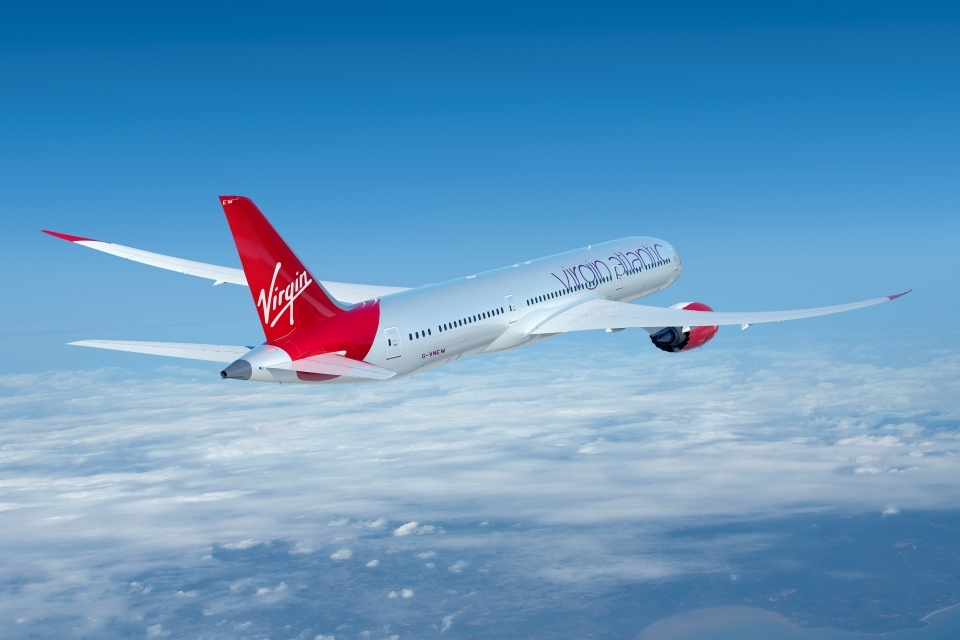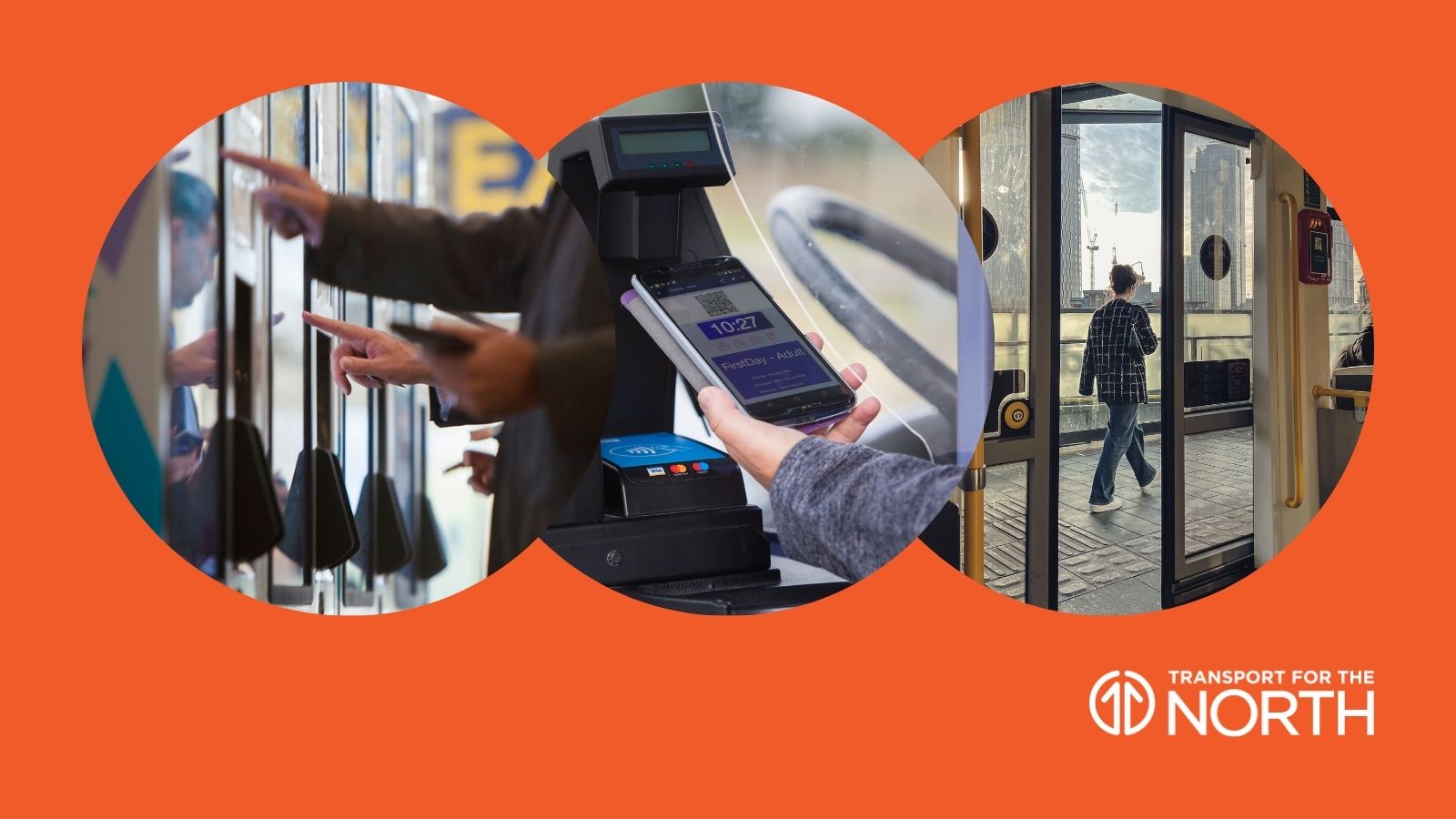The UK government is investing 53 million GBP in the sustainable aviation fuel (SAF) industry through its Advanced Fuel Fund.
It anticipates that the programme’s nine winning projects will help create up to 10,000 green jobs by 2035 and will enhance the economy by around 1.8 billion GBP each year.
Meanwhile, the increased use of SAF will help save 2.7 million tonnes of carbon emissions per year.

This investment is part of the government’s plan to deliver on its net zero commitments by making low-carbon flights a reality.
Specifically, one of the winning projects will create a demo plant converting sawmill and forestry waste, while another will establish a commercial plant using power-to-liquid technology to convert CO2 and green hydrogen into plane fuel. These two projects could create over 70,000 tonnes of SAF a year.
Transport Secretary, Mark Harper, said:The investment we’re announcing today demonstrates our confidence in the UK’s SAF industry – creating jobs, encouraging overseas investment and levelling up communities across the whole country.
Thanks to this government’s backing, the UK is quickly becoming a SAF superpower – ensuring people can continue to travel how they want in a way that’s fit for the future.
This announcement comes ahead of the world’s first 100% SAF-powered transatlantic flight, which is scheduled to fly from LHR to JFK on 28 November 2023, backed by 1 million GBP in government funding.
What’s more, the UK’s upcoming SAF mandate will require at least 10 percent of jet fuel to come from sustainable feedstocks by 2030. The Advanced Fuel Fund will therefore help deliver on this target.
Tim Alderslade, CEO of Airlines UK, said:Delivering a UK SAF industry this decade is a must if we are to drive down emissions from aviation, meet our 10% SAF mandate and reduce costs for consumers. We welcome this latest funding announcement, which will support a number of innovative projects across all parts of the UK.
The pieces of the puzzle are coming together but more work is needed, in particular, to deliver the initial plants under construction by 2025, while keeping overall transition costs as low as possible for passengers, so air travel can continue to be enjoyed by all in the decades to come.











